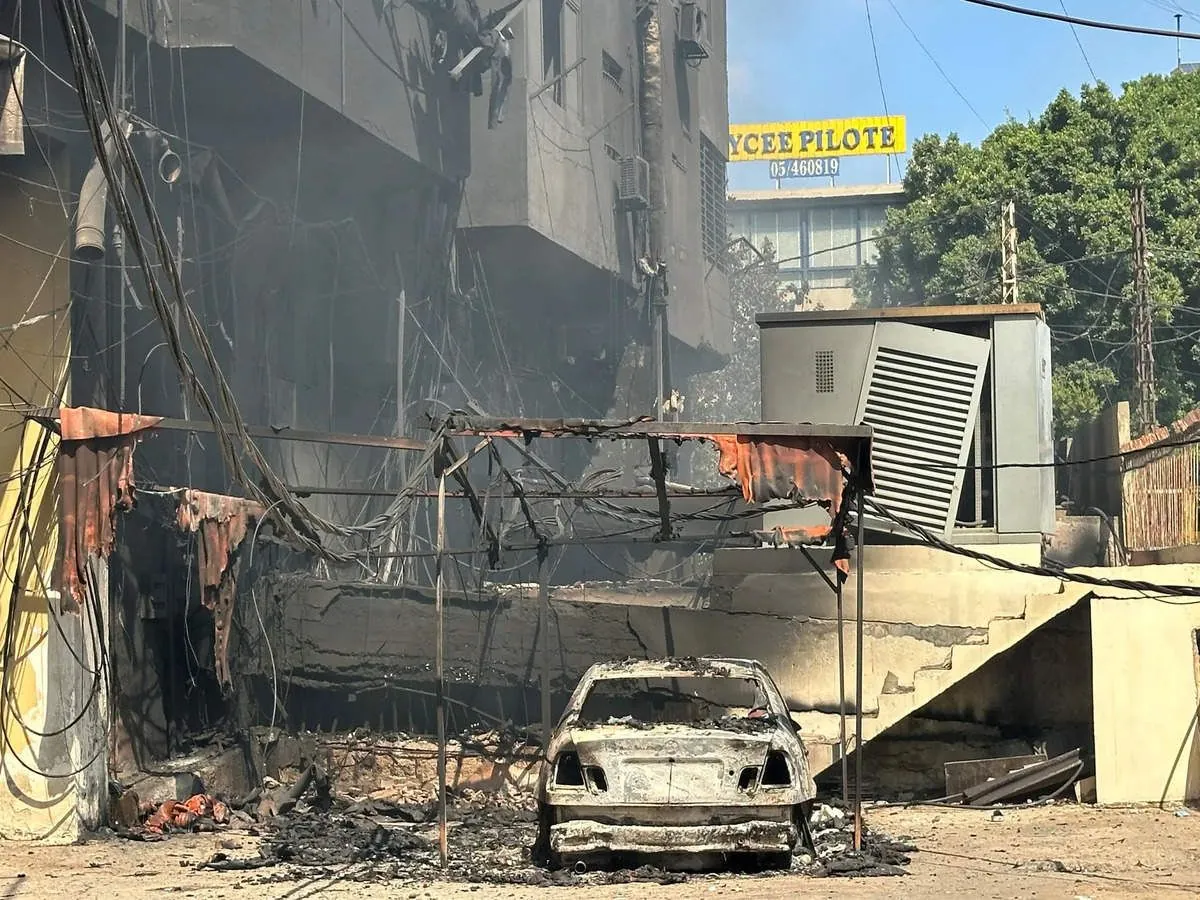In a significant escalation of the ongoing conflict, Israeli forces conducted airstrikes on central Beirut early Thursday, October 3, 2024. The attack, which targeted a building near the parliament, resulted in at least six fatalities and seven injuries, according to Lebanese health officials. This marks the closest Israeli strikes have come to Lebanon's capital in recent times.
The strikes come after Israeli forces experienced their deadliest day on the Lebanese front in a year of clashes against Hezbollah, the Iran-backed militant group. Eight Israeli soldiers were killed in ground combat in south Lebanon on Wednesday, October 2, 2024. The Israel Defense Forces (IDF) has urged residents of Lebanese villages who have evacuated to remain away from their homes until further notice.
This recent escalation is part of a broader conflict that has been ongoing for the past year. The situation has been exacerbated by Iran's missile attack on Israel on Tuesday, October 1, 2024, which involved more than 180 missiles. In response, Israel has promised retaliation, raising concerns about a potential wider conflict in the Middle East.
The international community has called for diplomatic solutions to de-escalate the situation. U.S. President Joe Biden has stated his opposition to any Israeli strike on Iran's nuclear sites and urged Israel to act proportionally. The G7 leaders have expressed "strong concern" over the crisis but emphasized that a diplomatic solution is still viable.
"The Security Council bears the primary responsibility for the maintenance of international peace and security. All parties must return to the track of political and diplomatic solutions."
The conflict has had a severe impact on Lebanese civilians. According to caretaker Prime Minister Najib Mikati, about 1.2 million Lebanese have been displaced by Israeli attacks. The ongoing cross-border fighting has resulted in more than 1,900 deaths and over 9,000 injuries in Lebanon over the past year, with most casualties occurring in the last two weeks.
Hezbollah has claimed to have repelled Israeli forces near several border towns and fired rockets at military posts inside Israel. The group's media chief, Mohammad Afif, stated that these battles were only "the first round" and that Hezbollah has sufficient resources to push back Israel.
As tensions continue to rise, the situation remains volatile. The international community's efforts to promote diplomacy face significant challenges as both sides remain entrenched in their positions. The coming days will be crucial in determining whether the conflict can be contained or if it will escalate into a wider regional confrontation.
